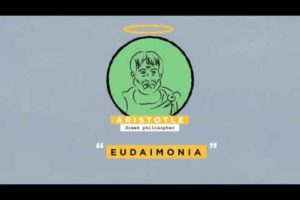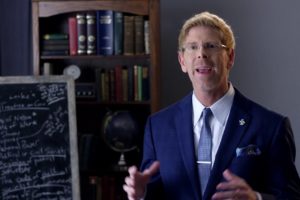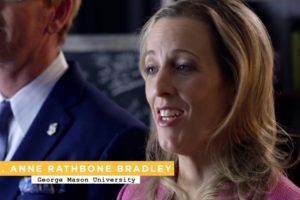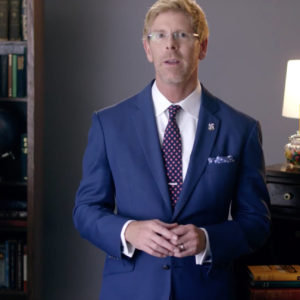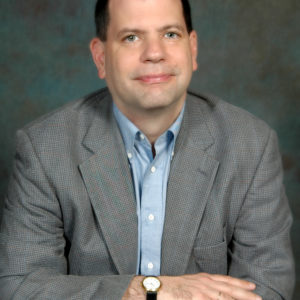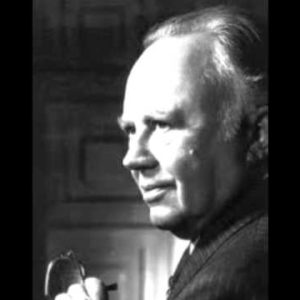Lesson 15 Lesson 15: Market Freedom, Efficiency, and Tradition
Presented by: Dr. Jay Richards and Dr. Anne Rathbone Bradley
Busch School of Business and Economics at the Catholic University of America and George Mason University
Markets, Virtue, and Happiness
This section brings us full circle to the question of what constitutes happiness and human flourishing and what institutions and structures are likely to help realize it. Students will be able to describe and critique the moral foundations of market-oriented liberalism. They will be able to identify and evaluate trade-offs between financial and resource efficiencies that raise incomes, and life-style priorities such as family, community, and contact with nature. They will be able to form reasoned answers to the question of whether over a lifetime these are mere amenities or necessities. Finally, students will demonstrate the complex connections between economics and the pursuit of happiness.
Key Concepts: (1) Utility Maximization, (2) Eudaimonia, (3) Marxist Capitalism, (4) Market Liberalism, (5) Christian Anthropology

Learn More
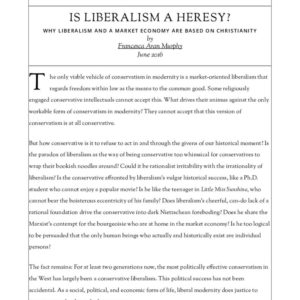 PDF
PDF
Francesca Aran Murphy, “Is Liberalism a Heresy?: Why Liberalism and a Market Economy Are Based on Christianity,” First Things, June 2016, pp. 1-15
Read Now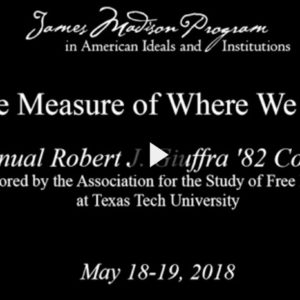 Video
Video
“Is American Conservatism Too Liberal?” with Robert P. George, Mona Charen, Ted V. McAllister, Samuel Gregg, John O. McGinnis, and the James Madison Program at Princeton University
Watch Now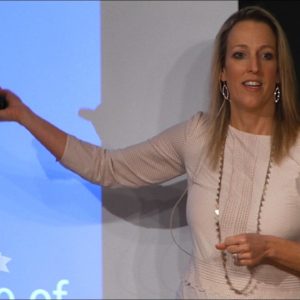 Video
Video
“Why Christians Must Support Economic Freedom” with Anne Rathbone Bradley and the Acton Institute
Watch Now Link
Link
Wendell Berry, “The Idea of a Local Economy,” shortened version in Orion Magazine Online, pp. 1-4.
Read Now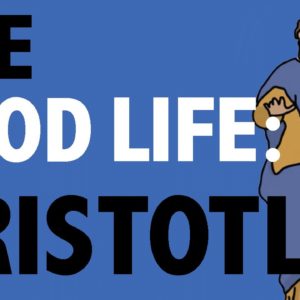 Video
Video
“Aristotle on the Good Life” with Christopher Surprenant the University of New Orleans & Wireless Philosophy
Watch Now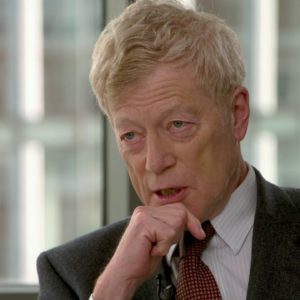 Video
Video
“How To Be A Conservative” with Sir Roger Scruton and Peter Robinson of the Hoover Institution
Watch Now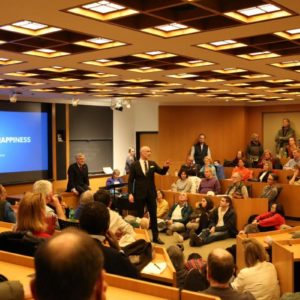 Video
Video
“The Art of Happiness” with Arthur Brooks, Robert P. George, and the James Madison Program at Princeton University
Watch Now
